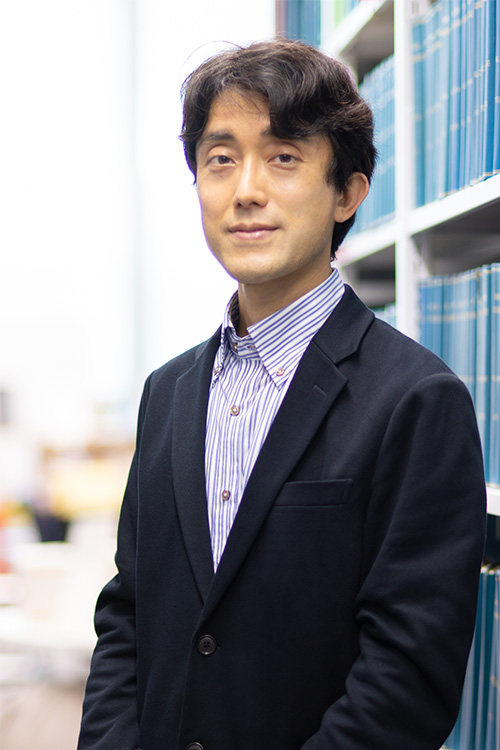
- HOME
- Ubiquitin Project
Ubiquitin Project
The elucidation of molecular mechanisms underlying ubiquitin signaling and the related disorders Project
Noriyuki Matsuda has been the leader of the Ubiquitin Project since 2015. He received his Ph.D in 2001 from the University of Tokyo Graduate School of Science for identification of the membrane-bound RING finger-type ubiquitin ligase, Rma1/Rnf5, from H. Sapiens and A. thaliana (Matsuda, J. Cell. Sci. 2001). He then worked as a postdoctoral fellow studying mechanisms and functions of ubiquitylation under the supervision of Dr. Keiji Tanaka at the Tokyo Metropolitan Institute of Medical Science. His current interests are to understand how ubiquitin is conjugated on damaged mitochondria, how these mitochondria are degraded in a mitochondria-specific autophagic process known as mitophagy, and how mitophagy prevents detrimental diseases such as Parkinson’s disease.
Backgrounds
In cells, ubiquitin governs the life and death of various proteins and cell organelles as a factor that determines their fate. In recent years, it has been suggested that ubiquitin abnormalities are closely related to various diseases including Parkinson’s.
This project, along with elucidating ubiquitin’s role in the body, which until now has been shrouded in mystery, seeks to reveal its association with neurodegenerative diseases such as Parkinson’s.
Objectives
- To pay attention to ubiquitin when examining the pathogenesis of neurodegenerative diseases such as Parkinson’s
- To produce an animal disease model through modification of the in vivo ubiquitin environment
- To help maintain people’s health by clarifying the function that ubiquitin plays in various roles in the body
Members
Project Leader Noriyuki Matsuda
- Yukiko Yoshida
- Koji Yamano
- Fumika Koyano
- Reika Yamagishi
- Waka Kojima
- Daiki Kinoshita
